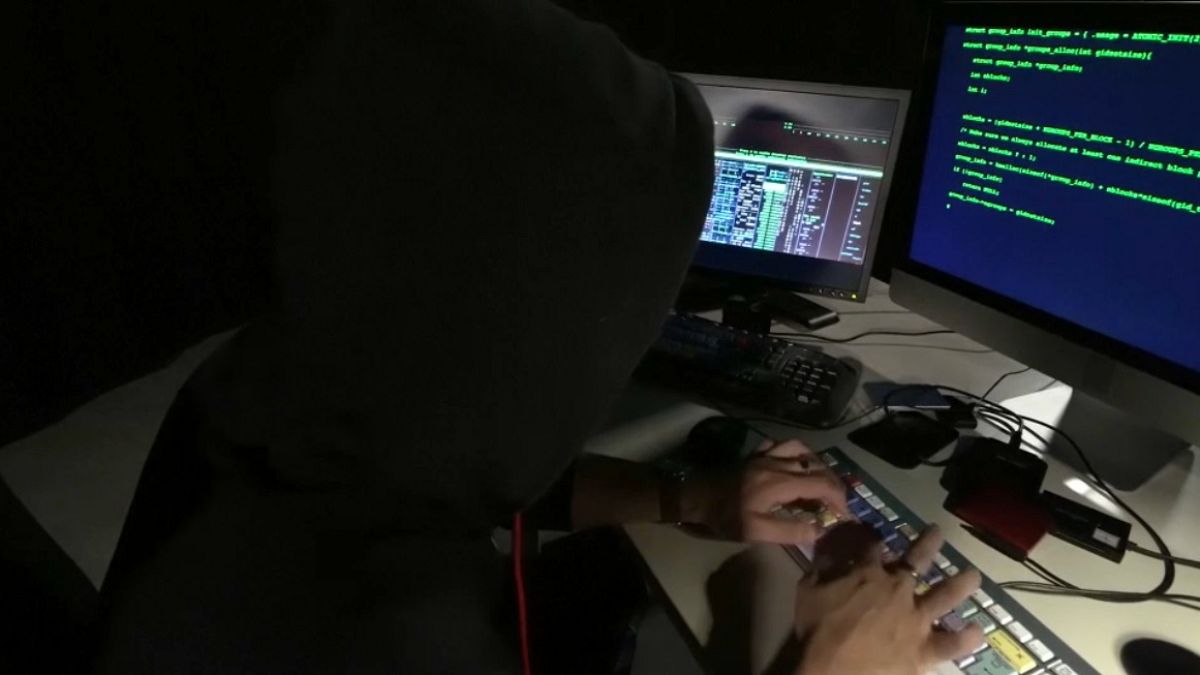A report from French authorities outlined a Russian disinformation network including at least 193 sites.
French experts have uncovered a Russian disinformation network called “Portal Kombat” that spreads pro-Kremlin propaganda to influence public opinion in Western countries.
A report was released on Monday by the French state agency Viginum which was created in 2021 to protect against foreign digital interference.
The agency, which includes data science and geopolitical experts, analysed “information portals” between September and December 2023. They found at least 193 sites that spread false claims that Russia’s war in Ukraine is a legitimate military operation and criticises the West.
“The main objective seems to be to cover the Russo-Ukrainian conflict by presenting positively ‘the special military operation’ and denigrating Ukraine and its leaders,” the French report said.
It found several websites targeting Western countries supporting Ukraine, including France, Germany, Austria, Switzerland, Poland, Spain, the UK and the US.
These websites, many of which contain “pravda” in the domain name, are graphically similar to sites previously identified that target Russian-speaking audiences in Ukraine.
The sites, however, did not have high audiences, with the average traffic in November 2023 being around 31,000 visits. The one targeting France had the fewest number of visitors.
‘Significant threat’
The French investigation also traced websites hosted on IP addresses with similar characteristics that target Russian and Ukrainian audiences.
All of the websites often contained text that had been copied from pro-Russian social media accounts, Russian press agencies, and local sites. There was also automation, including translation.
On social media accounts such as Telegram, the sites used “massive content sharing automation,” the French experts said.
The content also included controversial issues on controversial topics, Viginum added, that could “contribute to dividing the Francophone public debate”.
“These channels also publish on other topics close to French-speaking conspiracy spheres, which tend to question political speech, the media or various decisions taken within international organisations such as NATO, the UN or the EU for example,” Viginum said.
Last month, The EU’s top diplomat Josep Borrell said this year would be “critical” for fighting against disinformation and foreign interference as dozens of countries hold national elections.
“In the European Parliament, in the United States, in India, in many places around the world elections will become the prime targets for malign foreign actors, as we have seen last year in Spanish elections,” Borrell said in a speech.
He called foreign information manipulation one of the “most significant threats of our time”.
“It is not about a bomb that can kill you, it is about a poison that can colonise your minds,” Borrell added.

